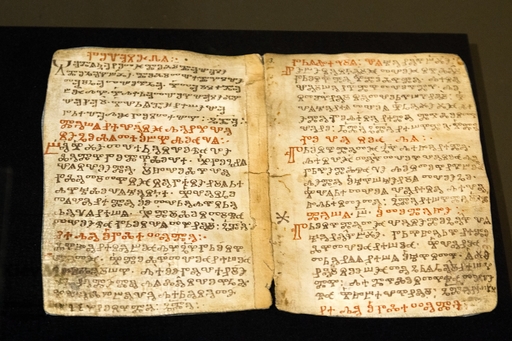
The oldest surviving literature on the Czech territory, whose creation is connected with the activities of Saints Cyril and Methodius, which began in 863. The literature was written in Old Church Slavonic, the oldest Slavonic literary language.
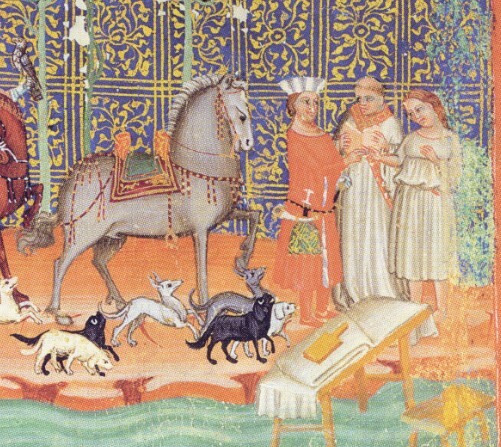
Duke of Bohemia between 1012 and 1033, and again in 1034. He managed to overcome the crisis in Bohemia at the turn of the millennium and reclaim Moravia.

Official name for the military invasion by five socialist countries of the Warsaw Pact in Czechoslovakia in August 1968. The largest military operation carried out by the Soviet Union after the Second World War, with the purpose of suppressing democratic reforms of Prague Spring.
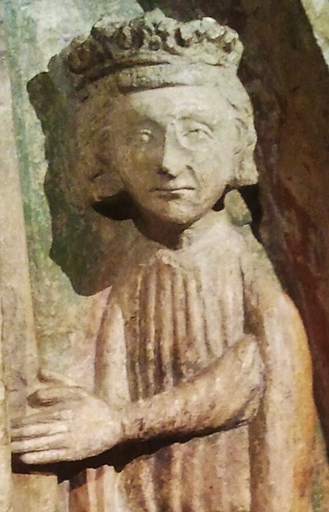
Duke of Bohemia in 1192–1193 and 1197–1198, King of Bohemia in 1198–1230. One of the most successful Medieval Czech rulers. He made Bohemia a hereditary kingdom and began the process of country’s transformation into a High Medieval state.
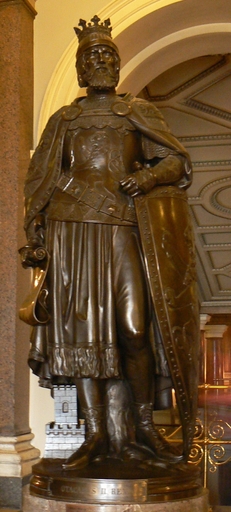
King of Bohemia between 1253 and 1278. Because of his power and wealth, he was known as the “Iron and Golden King”. He is now one of the most famous rulers in medieval Czech history, second only to Charles IV.

A series of military conflicts between the Habsburg Monarchy and the Ottoman Empire from the 16th to the 18th century. The Czech lands participated in them and the wars reverberated in Czech society and culture.

Politician and historian. Author of the first synthesis of Czech history and leading figure of the National Revival in the 19th century. He was called “Father of the Nation” already in his lifetime.
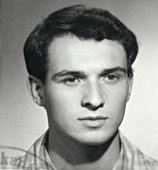
Student of history and political economy at the Faculty of Arts of Charles University, a symbol of citizens’ protest and a demonstrative victim. His suicide by self-immolation in January 1969 was an expression of active defiance of students and a large majority of citizens against the Soviet occupation and the subsequent political repression.
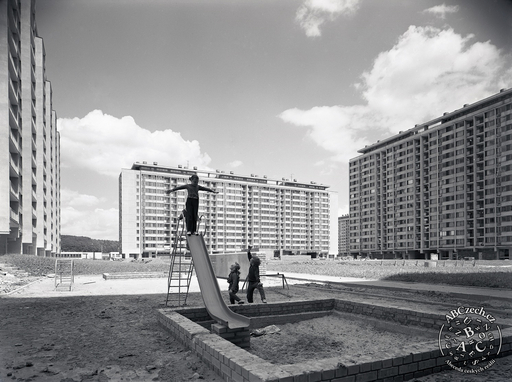
One of the most typical forms of residential architecture in socialist Czechoslovakia (1948–1989). More than one quarter of the population of the Czech Republic still live in panel housing estates.

Historian, Byzantinist and the first female university professor in Czehoslovakia. The award presented by the Ministry of Education to distinguished female scientists is named after her.

A simile used in a situation when a person fails at something or something ends so badly and unfortunately that it could not be worse. It refers to a conflict between rebelling peasants and the imperial army on 26 March 1775.

The most prominent Czech historian of the First Republic and the leading opponent of Masaryk’s concept of the meaning of Czech history.

Post-war Czechoslovak communist official and politician, a reform communist during the Prague Spring. He sought political asylum in Italy with his wife in 1969. As a member of the Italian Socialist Party, he was a member of the European Parliament on two occasions.

Political, ideological and cultural regime after 1620. The period after the Battle of White Mountain was dominated by the Catholic confession and sacral culture and characterised by political absolutism and the reduction of Czech language and national idenitity.

Noble family originating from south-western Moravia, one of the wealthiest families in the Czech lands in the 16th century. Their legacy is also visible in eastern Bohemia and in Prague.
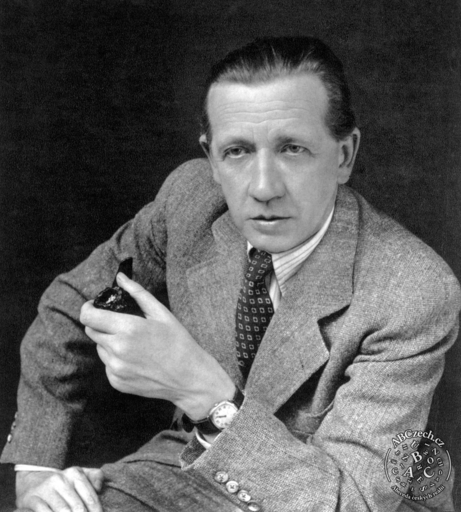
A prominent figure of Czech media, public and literary scene of the first half of the 20th century. Essayist and journalist, editor-in-chief of the influential weekly Přítomnost. He held liberal leftist views and was close to President T. G. Masaryk’s political views.
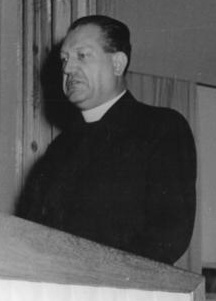
Czechoslovak Catholic priest and politician, deputy in the Czechoslovak parliament and minister of health from 1948 until 1968, Vice-President and later President of Czechoslovak People’s Party, representative of the party’s collaboration with the dictatorship of the Communist Party of Czechoslovakia.
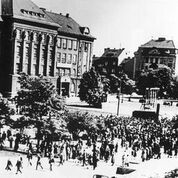
Mass protests of the citizens of Plzeň against currency reform in 1953. Its size and radical nature make it the largest popular anti-regime protest in Czechoslovakia in the 1950s and an expression of the crisis of the communist system.

A sequence of modern political events characteristic of the development of the independent Czech Republic. The latest period of modern Czech history, characterised by adherence to market economy, parliamentary democracy and integration into international structures.

A series of show trials against representatives of the political opposition in the 1950s. They were aimed at consolidating communist power. However, they were also aimed at some distinguished communists.
2016-2020 ABCzech.cz - © Filozofická fakulta Univerzity Karlovy
Content from this website may be used without permission only for personal and non-commercial purposes and with the source cited. Any other use is allowed only with the authors' consent.
This web application Sonic.cgi meets GDPR requirements. Current information can be found here.